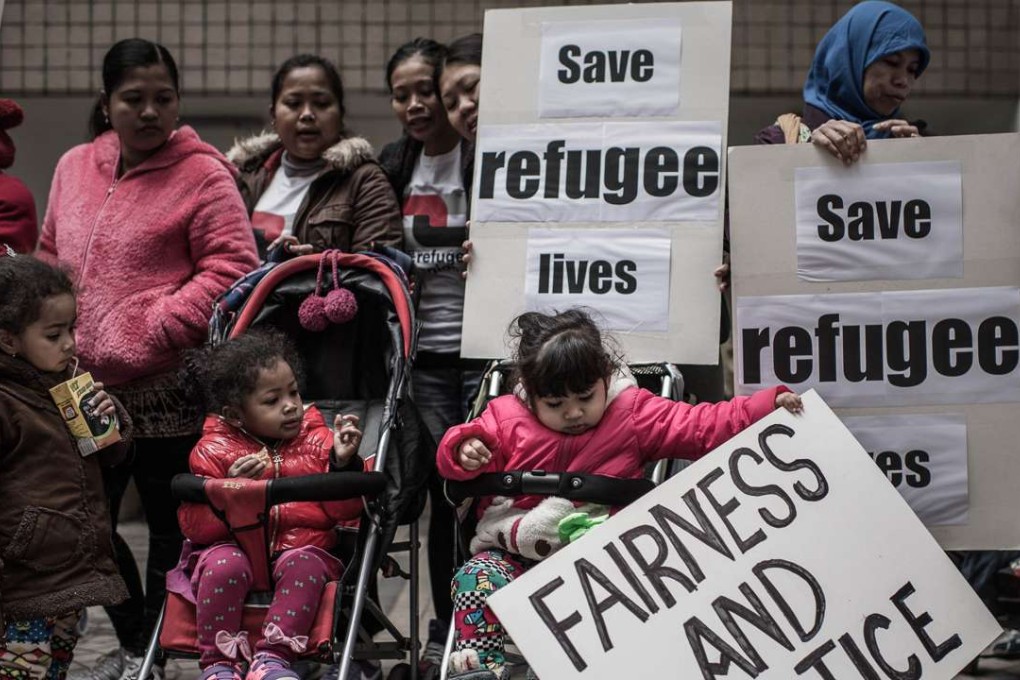What crisis? Fear-mongering over asylum seekers a dangerous game

I refer to the article by Holden Chow, vice-chairman of the Democratic Alliance for the Betterment and Progress of Hong Kong (“Rise in bogus refugees has made Hong Kong’s ethnic minorities victims of prejudice”, May 8).
Instead of dealing with the issue calmly, Mr Chow promoted negativity towards asylum seekers/protection claimants, calling them black sheep, and blaming them for giving the local ethnic minority community a bad rap by association.
Since the beginning of this year, certain media outlets, political parties and government officials have exaggerated the asylum seeker/refugee issue, even though there are no official statistics to show that the crime rate of refugees has gone up. Yet politicians continue to make irresponsible statements when describing Hong Kong’s “refugee crisis”. The portrayal of asylum seekers, instead of the individuals themselves, is at the root of public fear, and talk of a crisis feeds the fire. Mr Chow’s article reinforced these baseless fears.
Tony Read, in his article, as a justice advocate working with asylum seekers, described the situation here, summarised by your headline, “Hong Kong has no refugee crisis, only a crisis of response” (March 31).
There are about 11,000 claimants in the city, and their presence neither constitutes a financial nor social threat. Most asylum seekers didn’t choose to come to Hong Kong nor did they come to take advantage of its welfare system.
They ended up here because of persecution, conflict, and human trafficking. They survive on meagre support and endure incredible limitations in their daily lives. Civil societies and individuals recently signed a statement calling for calm on the refugee debate. They said a non-issue was being blown out of proportion, which leads us to overlook the real problem of long processing time.